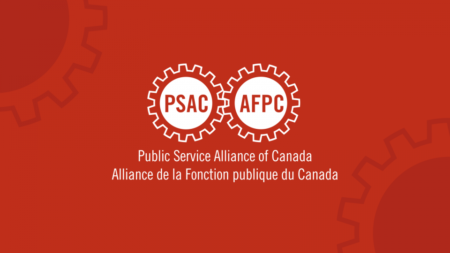As in past years, sustained calls for better mental health resources and an improved support infrastructure continue to echo, highlighting the still pressing need for well-funded and accessible services to ensure the well-being of Canadians everywhere — including in the workplace. Indeed, studies have shown unequivocally that Canadians want increased funding for mental health, with issues stemming from stressful, toxic work environments remaining all too present.
The Before Operational Stress program
Frontline officers and public safety workers, including CBSA personnel, often face mental health challenges specific to their profession. As a union, we’ve been active in pushing the Agency to do more to support its workforce and find solutions to issues that contribute to — or outright cause — lasting mental health problems.
In a recent positive development, CIU and the CBSA Wellness Division have been working together to give our members access to a bold mental health initiative specifically developed with public safety personnel in mind — Wayfound‘s Before Operational Stress (BOS) program. As per the program’s description:
[BOS] uniquely combines theoretical and experiential learning procedures to mitigate the effects of operational stress. As we work to continue to understand the impact of operational stress, our evidence tells us we can provide tools to proactively cushion the impact of public safety personnel’s work so that they can do their jobs without tragic consequences. While it is understood that public safety employees will inevitably be exposed to operational stress, that does not mean they are destined to have their lives ruined by the psychological effects of their work.
Through Wayfound and with the help of CIPSRT, 8,000 free spots have been made available to CBSA workers so that they may benefit from the BOS program.
Click here for more information on how to register. Please note that this fully confidential, self-directed program is run by an independent 3rd party. Neither CBSA nor the union can access the information you choose to share as part of the BOS initiative. We encourage all our members to participate, and to contact their local manager to complete this program while at work.
You are not alone
When facing a difficult situation at work or at home, remember that you are not alone. People around you can be a source of support, and your union is there to assist and help you find the resources you need. As CBSA employees, you can also contact LifeWorks for confidential assistance — be it for advice, counselling or treatment (for more information about LifeWorks and other resources, see our Mental Health page). PSAC has also published a list of resources to assist you if you feel overwhelmed, are struggling with stress, or are facing mental health difficulties.
Just like physical well-being, mental health matters, in any setting.







